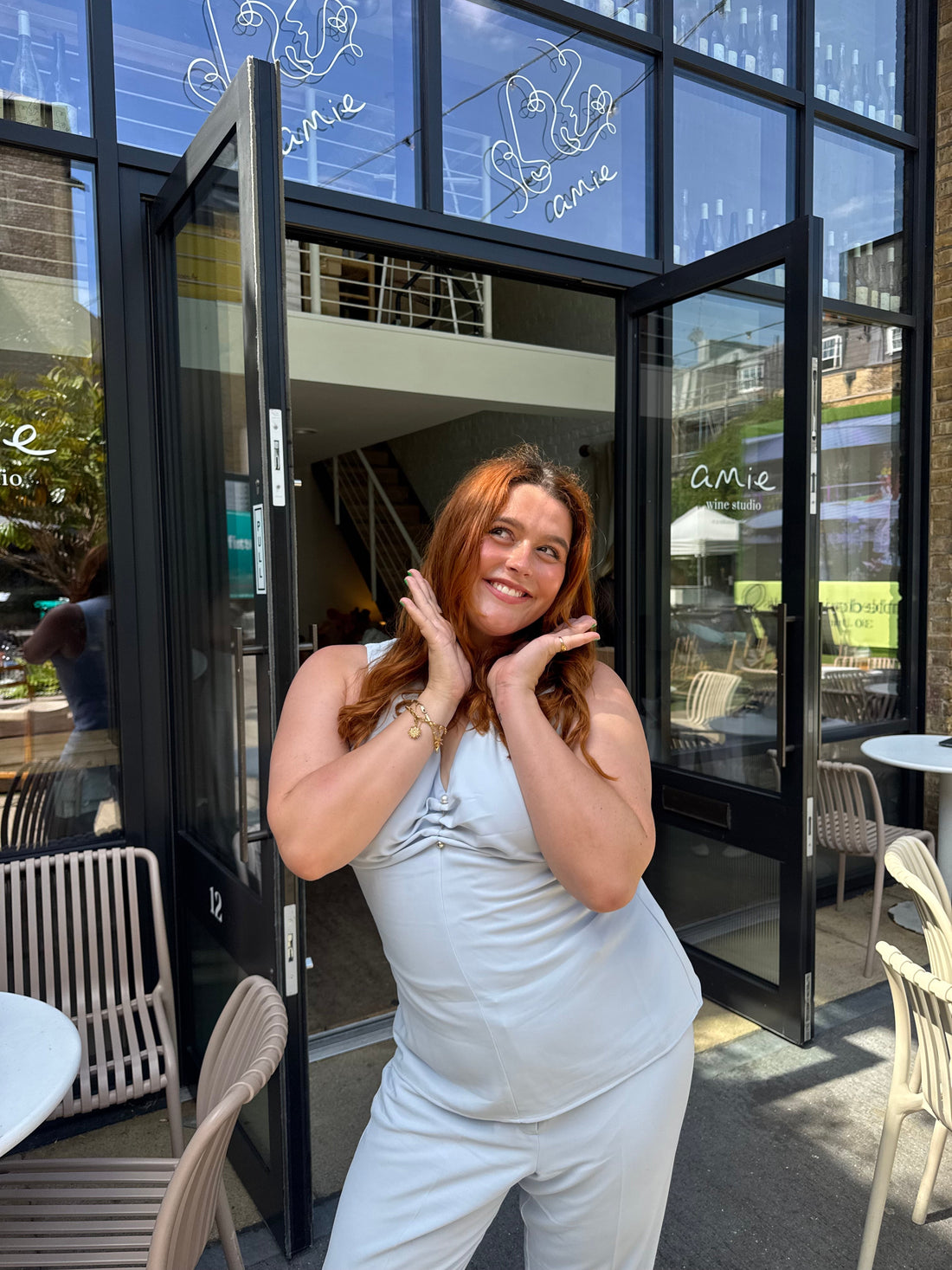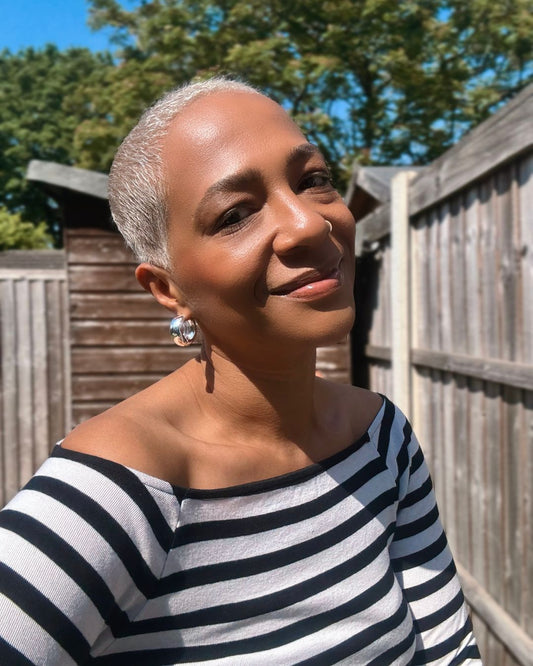Endometriosis: Charlotte's Story

Thank you so much for chatting to us about your endometriosis experience, Charlotte! Let's jump in...
Can you tell us a bit about when you first started noticing symptoms of endometriosis?
I started my period at just 9 years old, and by the time I was 13, I began experiencing symptoms that didn’t feel normal - irregular, heavy periods and excruciating abdominal pain that would leave me bedridden and missing about a week of school every single month.
Even then, I knew something wasn’t right, but it took years before anyone really started listening.
What was the journey to getting a diagnosis like for you?
The journey to getting a diagnosis was incredibly long and frustrating - it took 13 years of countless doctors’ appointments, blood tests, ultrasounds, and being told everything looked “normal” despite the pain I was in. It wasn’t until I finally had a laparoscopy at the end of last year that I got answers - the surgeon found and removed endometrial adhesions from my bowel and abdomen. It was a validating but emotional moment after so many years of being dismissed.
How do your symptoms typically show up, and how have they impacted your daily life (physically, emotionally, or mentally)?
My endometriosis symptoms often show up as intense pelvic pain, lower back pain (sometimes shooting down my legs!), bloating, fatigue, and flare ups that can make even simple tasks feel overwhelming. Physically, it can leave me completely drained, and emotionally, it’s been a rollercoaster - dealing with the pain while constantly being told it was “normal” really took a toll on my mental health. It’s affected everything from my ability to work or make plans, to how I feel about my body and trust in the medical system. I find it hard having to constantly cancel social plans with friends and family, I hate that it makes me unreliable and ‘flakey’.
Have you ever felt dismissed or not taken seriously when seeking medical help for your symptoms?
Absolutely - I’ve felt dismissed more times than I can count. For years, I was told my pain was just “part of being a woman” or that it was normal period pain, despite how debilitating it was. It felt like I had to constantly fight to be believed, and that lack of validation not only delayed my diagnosis but also deeply affected my confidence in seeking help.
What’s one thing you wish more people understood about living with endometriosis?
I wish more people understood that endometriosis is so much more than just “bad periods.” It’s a chronic, invisible condition that impacts every part of your life - physically, emotionally, and mentally. The pain doesn’t just show up during your period, and the exhaustion, unpredictability, and emotional toll are things we carry daily and often in silence.
How do you manage flare-ups or tough days? Are there any strategies or routines that have helped you cope?
I’ll always remind myself to be gentle and give myself grace. If I’m struggling, there’s no reason to just carry on and push the pain down. I’ve learned the hard way that pushing myself will just leave me in more intense pain for longer. It’s so lovely having supportive, understanding people around me that accept I may not always be on top form living with endometriosis. If I know I’m in my luteal phase and my period can come on any moment, I’ll try to reschedule plans in advance if possible so that I’m doing lower intensity activity and can care for myself instead.
Have you found any medical, lifestyle, or alternative treatments that have made a real difference?
Honing in on parts of my diet that contribute to flare ups! I’ll avoid caffeine and chilli in the lead up to my period as that aggravates the inflammation. I take prebiotics that focus on women’s health that I feel have made a huge difference to my bloating and energy levels.
The Beurer EM50 device and Be You Patches are incredible for reducing endo pain. I also adjust my workout routine depending on my cycle phase so that I’m working with my body rather than against it!
Do you feel there’s enough awareness or support around these conditions, especially in healthcare or the workplace?
No, I don’t think there’s enough awareness or support - especially in healthcare and the workplace. Too often symptoms are dismissed or misunderstood, and there’s a huge lack of training around conditions like endometriosis. In the workplace, there’s still a stigma around menstrual health, which makes it hard to ask for flexibility or understanding, even when you’re in severe pain. More education, empathy, and open conversations are so needed. I’ve spoken to a few people on my podcast that have said their workplaces are improving though and implementing support networks for those who struggle with menstrual conditions.
If someone were newly diagnosed, what advice or encouragement would you want to share with them?
If you’re newly diagnosed, please know that you’re not alone and your pain is real and valid. It can feel overwhelming at first, but there is strength in understanding your body and advocating for yourself. Take your time to learn about the condition, find a supportive medical team, and don’t be afraid to set boundaries. Most importantly, be kind to yourself as healing isn’t linear; but you deserve support, compassion, and care every step of the way.
Thank you so much, Charlotte!
See more from Charlotte over on Instagram.
If you'd like to share your experience of living with endometriosis, we'd love to hear from you!

